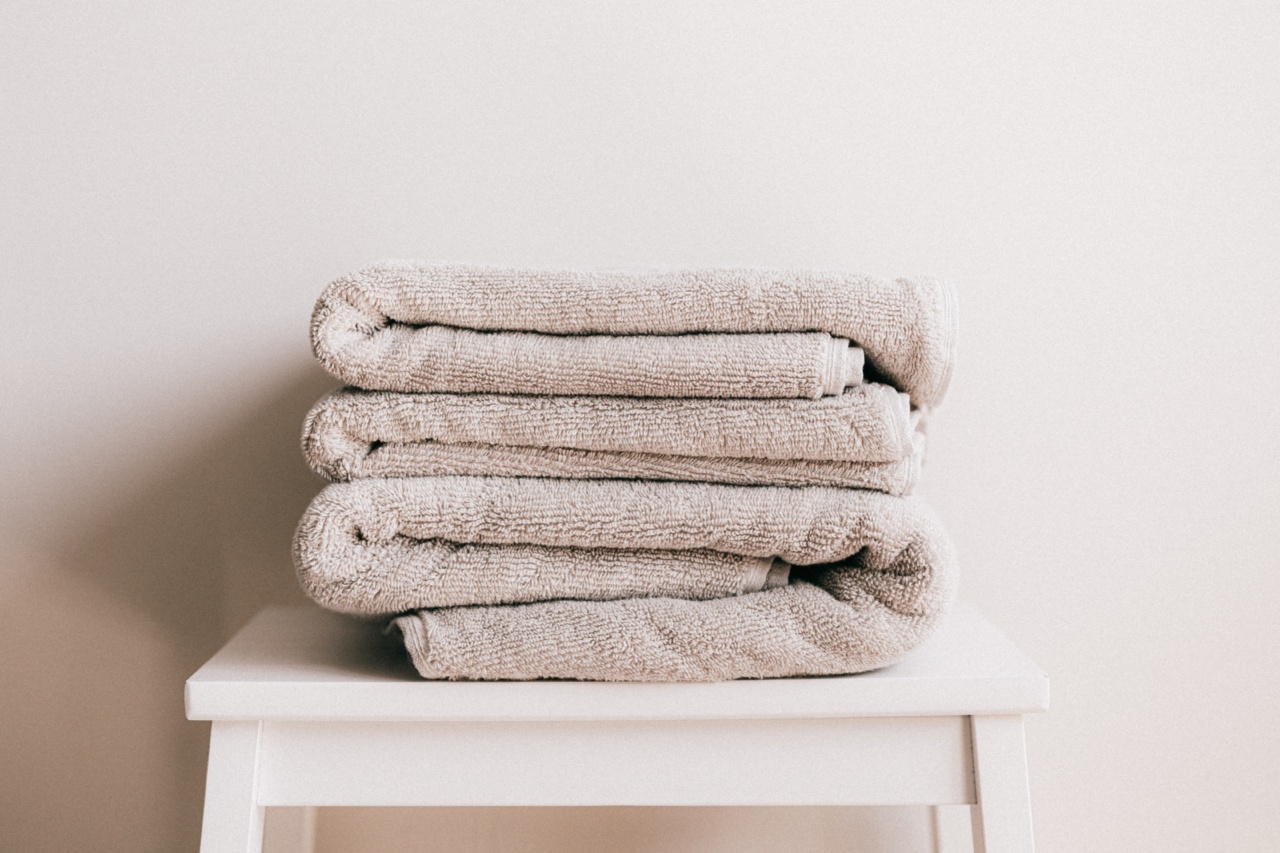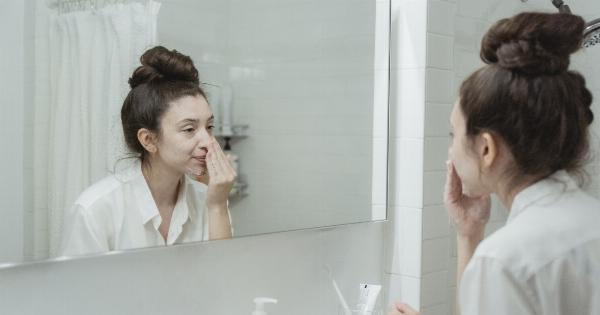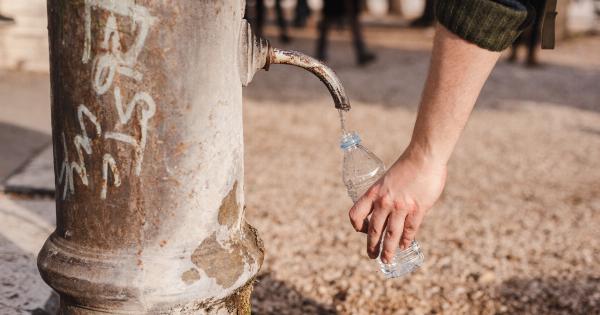Showering is an essential part of everyday hygiene. It helps to cleanse the body and leaves you feeling fresh and clean. In addition to cleaning the body, many people use the shower to cleanse their face.
While this may seem like a convenient practice, it is not without its hidden dangers. In this article, we will explore the risks of showering for facial cleansing.
Hot Water Can Dehydrate Your Skin
One of the biggest dangers of showering for facial cleansing is the use of hot water. Hot water can dehydrate your skin, which can lead to a variety of skin problems including dryness, itching, and flakiness.
It also strips your skin of natural oils, which can exacerbate existing skin conditions such as eczema, psoriasis, and acne.
Chemicals in Tap Water Can Irritate Your Skin
Tap water is treated with a variety of chemicals, including chlorine and fluoride, to make it safe for consumption. While these chemicals may be safe for drinking, they can be harsh and irritating to the skin when used for facial cleansing.
This is because these chemicals can strip your skin of its natural oils, leaving it dry and irritated. To avoid this, you may want to consider using a filter to remove these chemicals from your tap water.
Facial Cleansers May Not Be Effective in the Shower
Many people use facial cleansers when they shower for extra cleaning power. However, facial cleansers may not be as effective when used in the shower.
This is because hot water can open up your pores, allowing the cleanser to penetrate deeper into your skin and potentially cause irritation. It is best to apply facial cleanser to dry skin and then rinse it off with lukewarm water.
The Steam in Your Shower Can Irritate Your Eyes
The steam in your shower can be great for opening up your pores and detoxifying your skin. However, it can also be irritating to your eyes. This is because the steam can cause your eyes to water and become red and itchy.
If you do choose to cleanse your face in the shower, be sure to keep your eyes closed or wear a shower cap to protect them from the steam.
You May Be More Prone to Acne When Cleansing in the Shower
When you wash your face in the shower, you are exposing your skin to a variety of potentially harmful bacteria. This is because shower heads can be a breeding ground for bacteria, especially if they are not cleaned regularly.
This, coupled with the heat and humidity of the shower, can make you more prone to acne breakouts.
Hard Water Can Strip Your Skin of Moisture
Hard water is water that contains a high level of minerals, such as calcium and magnesium. When hard water is used for showering, it can strip your skin of moisture, leaving it dry and itchy.
This can be especially problematic for those with sensitive skin or skin conditions such as eczema and psoriasis.
Showering Too Often Can Disrupt Your Skin’s Natural Balance
While showering is an important part of hygiene, showering too often can actually be harmful to your skin. This is because frequent showering can disrupt your skin’s natural balance, leading to dryness, irritation, and even infection.
It is recommended that you limit your showers to no more than once a day and use lukewarm water instead of hot water.
The Bottom Line
While showering may seem like a simple and convenient way to cleanse your face, it is not without its hidden dangers. From hot water to harsh chemicals, there are many factors to consider when using the shower for facial cleansing.
To minimize the risks, it is best to use lukewarm water, avoid harsh chemicals, and limit your showers to no more than once a day.




























